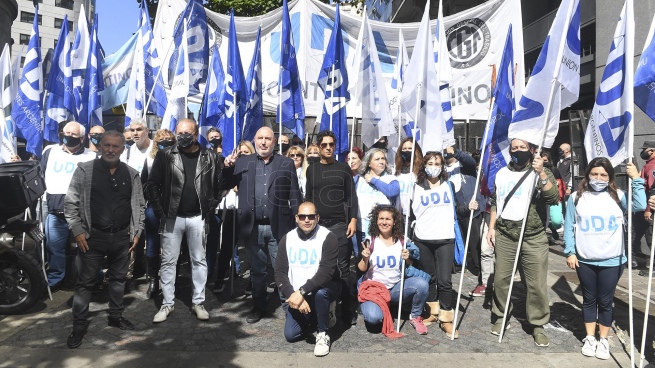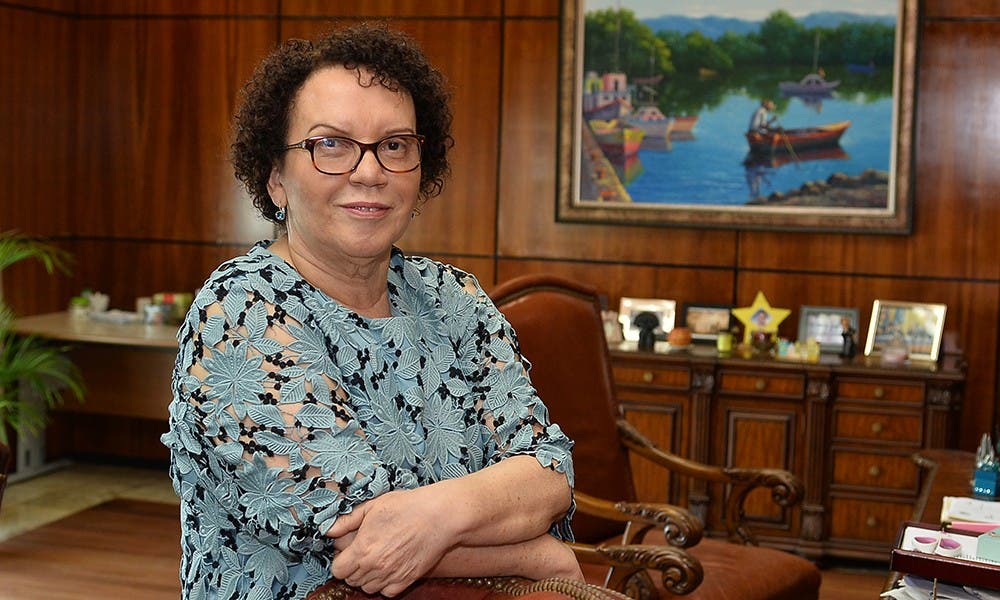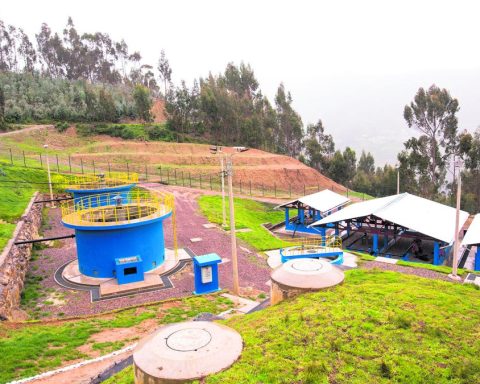The Education Commission of the Buenos Aires Legislature began this Tuesday the debate on the bill of the Government of the City of Buenos Aires to reform the Teaching Statute with a meeting attended by representatives of the unions, who They rejected it because “it does not solve working conditions” and “it is not known how it will be implemented”, while they defined it as a “profound labor reform”.
Angélica Graciano, secretary general of the Union of Education Workers (UTE) Capital, said during the meeting that “the new jobs” proposed by the Buenos Aires Government with the reform of the new Statute “are not the ones that are needed.”
In addition, he maintained that the proposed reform to the “organizational structure was not discussed with the workers” and “does not solve the working conditions” for which, currently, a teacher “must have two or three positions to make ends meet”.
Graciano also considered that, instead of reforming the Statute, it is necessary to debate and elaborate an educational financing law “so that there are vacancies” and the “infrastructure” of the schools is improved.
And he added that the City has a “debt” to education workers: a “joint law so as not to have to discuss our salaries in the Legislature”.

For her part, Karina Costaguta, general secretary of the Argentine Union of Teachers and Professors (Camyp) said that the new Statute has “many grays” and “it is not known how it will be implemented”, in addition to warning that its regulations “will go down by decree”.
Later, he said he agreed with “thinking about a horizontal career”, but added that for that it is not necessary to reform the Statute, since it would be enough to “modify two articles of the current one”, a proposal that was already made by Camyp.
The project
The project of the Buenos Aires Ministry of Education has among its objectives the creating a horizontal run since, at present, to grow in salaries, teachers must leave the classroom and go on to work in managerial positions.
What’s more, proposes changes to the promotion scheme in the teaching career, the securitization of middle-level workers and a salary award for teachers who are trained.
In her turn, Mariana Scayola, from the Teaching Association Ademysdefined the new Statute as a “profound labor reform” that “does not take into account the organizational needs of schools” and “introduces salary differentiation for training”, while “maintaining as a starting point a salary that is between the indigence and poverty lines”.
Scayola pointed out that both in the current statute and in the new one, the trainings “are a business because they are privatized”, which was “promoted by the Government of the City of Buenos Aires”adding that the courses are paid and must be done “outside working hours.”
“The teachers invest in courses to achieve job stability”he remarked.
The meeting began at 12:30 in the Raúl Alfonsín room of the Buenos Aires Parliament, at Peru 160, lasted two hours and was attended by leaders of at least ten unions, among which were, in addition to UTE, Camyp and Ademys, the Association of Buenos Aires Educators, the Union of United Educators of the City of Buenos Aires, the Union of Argentine Teachers and the Union of Educators of Buenos Aires.
Those and other unions, meanwhile, held a protest at the doors of the Legislature.
Days ago, the head of the Buenos Aires educational portfolio, Soledad Acuña, attended the Legislature, defended the reform but also said that she was “open to improvements” based on the suggestions that the educational community and the unions could contribute.

















